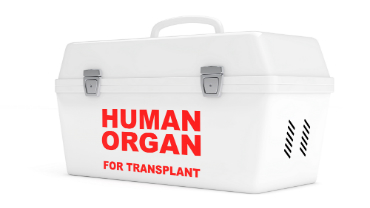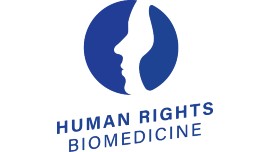More than 200 government experts, judges, prosecutors, police forces, healthcare professionals, policy makers have gathered in Santiago de Compostela to analyse the phenomenon of trafficking in human organs and the offences covered by the new Council of Europe convention, which aims to become a global standard. They are also examining the profiles of victims and perpetrators of trafficking in human organs, the responsibilities of health professionals and how to protect victims.
Trafficking in human organs is a problem of global proportions that violates human rights and dignity, and is a serious threat to public health. It is often linked to transnational organised crime, which profits from the vulnerable situation of donors, and emerges in the context of the inability of countries to cope with the transplantation needs of their patients. The World Health Organisation estimates that some 10,000 black market transplants are carried out every year.











